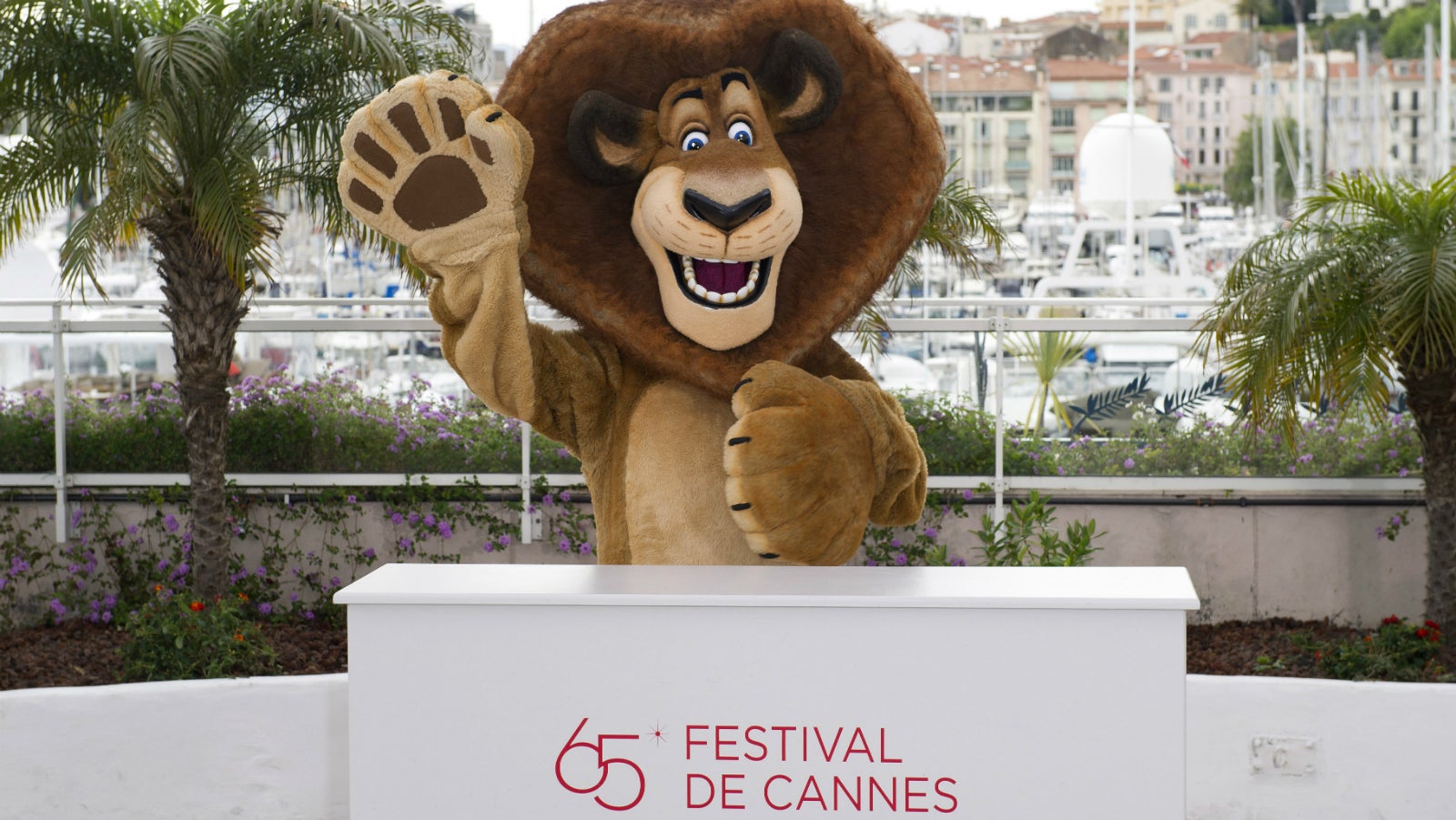Why the Cannes Lions should be hosted four times a year, instead of just once
Last week, Terry Savage, chief executive of Cannes Lions, is likely to have received an email with an appeal to organise the weeklong advertising festival four times a year—instead of just once.


Last week, Terry Savage, chief executive of Cannes Lions, is likely to have received an email with an appeal to organise the weeklong advertising festival four times a year—instead of just once.
And, according to the Indian nonprofit that sent the email, this YouTube video accompanied it:
The nonprofit—the Indian Confederation of NGOs (iCongo)—claims that in pursuits of awards, advertising creatives go into full swing two or three months preceding the International Festival of Creativity at Cannes. “It’s three months of pure, unadulterated, cockle-warming service to humankind,” as iCongo noted in its email.
But nothing much happens after that, which is why iCongo—partly in jest—has called for the event to be organised once every quarter. That way, it argues, this “cockle-warming service to humankind” can go on all year long.
“Every year we get calls from people that ’we want to do this (public service) campaign with you.’ And I’d think, ‘Why do these calls only start around March or April?” Jeroninio Almeida, founder of iCongo, told Quartz. “So I wanted to bring this issue to the fore in a light-hearted manner.”
Cannes Lions is one of the biggest annual award shows for advertising and creative professionals—and attracts thousands of entries from across the world. Though each entry must adhere to certain guidelines, that doesn’t always seem to happen.
Advertisements especially made just to enter the competition are now popular as scam ads (here is a short history). In 2013, a series of scam ads caused Ford Motors India much embarrassment, and the company had to issue a statement that it was “reviewing approval and oversight processes.” JWT India had created the fake ad.
“Sometimes they (advertising agency) don’t even have that client, or the client hasn’t even approved of the ad—there have been a lot of such embarrassing moments for agencies around the world,” V Sunil, executive creative director at Wieden+Kennedy, told Quartz. ”So this conversation needs to happen.”
This year, the Cannes Lions will be held from June 21 to June 27, and the entries to the competition closed in April.
Emails to Savage and the Times of India Group—the official representative in India for the Cannes Lions—and the Advertising Agencies Association of India did not elicit any response.
“The advertising creative fraternity does yeoman’s service as far as it comes to good creatives for brands,” explained Almeida. “But when it comes to public service announcements, the energy gets very limited. And it’s only for just two or three months.”
So, the iCongo founder started ideating with his friends, including the likes of Tarun Chauhan, former managing parter at JWT India; BBDO India’s executive creative director Sandipan Bhattacharyya and chief creative officier Josy Paul, and Rediffusion Y&R’s president Dhunji Wadia.
“The problem is the inability to sustain, and take the campaign to its logical conclusion,” argued Almeida. “Where is the follow-through?”
But why target the advertising creatives—and not the brands?
“Yes, creatives are at the mercy of their clients, but that’s what separates the real lion from the sheep. They have the influence they can wield so that the client adheres to what they are saying,” Almeida told Quartz. “So the question is do you have the integrity to influence the client the right way?”